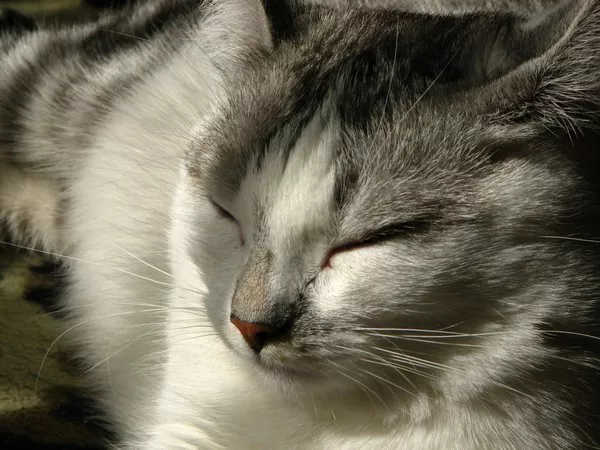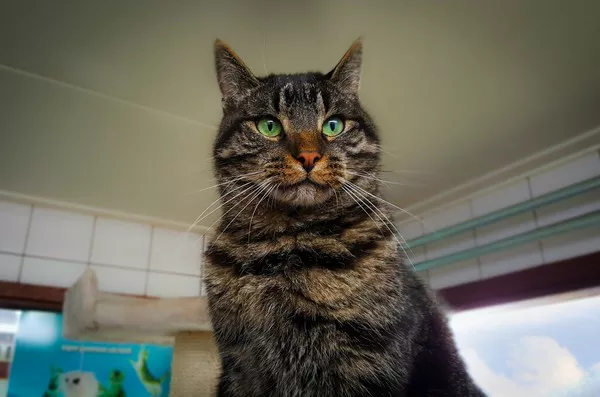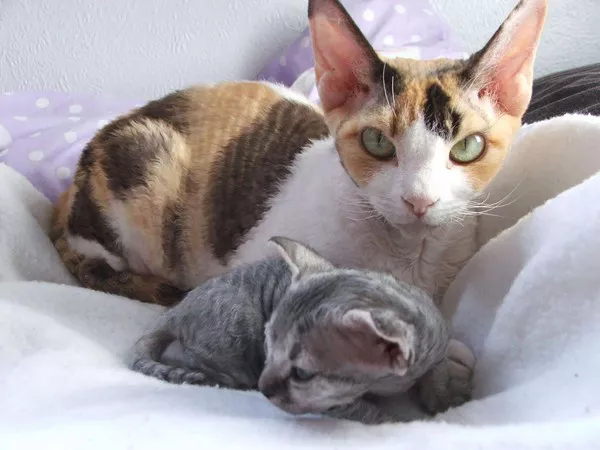A pet shop adoption scheme recently uncovered has ignited controversy and sparked backlash on mainland social media platforms. Targeting feline enthusiasts attracted to the idea of “free cat adoption,” the scheme has drawn attention for its deceptive practices.
The concept of free adoption initially appears appealing, offering prospective pet owners the chance to experience the joys of pet ownership without hefty upfront costs. However, behind the guise of altruism lies a profit-making opportunity for unscrupulous individuals within the pet industry.
One such establishment in Guangzhou, located in Guangdong province, purportedly offers free adoptions but requires adopters to commit to a monthly spending obligation on pet products from the store’s online platform. Each adopted animal comes with a tag stipulating the minimum monthly expenditure required, effectively turning the adoption process into a long-term financial commitment.
For example, adopting a Blue Cat from this shop entails a monthly expenditure of 500 yuan (US$70) over two years, totaling 12,000 yuan (US$1,700) – a considerably higher cost compared to purchasing a cat elsewhere. The rationale provided by store staff is that this payment scheme prevents potential mistreatment or abandonment of the pet post-adoption.
Moreover, the prices of pet products sold through the store’s online platform are reportedly inflated compared to market rates, with customers paying significantly more for items such as imported cat food. Adopters are also compelled to sign agreements that prevent contract termination in the event of the pet’s death or loss within the two-year period, potentially leaving them financially liable for an animal they no longer possess.
Reports have surfaced of customers being locked into automatic monthly payments despite their adopted pets’ untimely deaths shortly after adoption. Concerns regarding the health of the animals have also been raised, with numerous customers reporting instances of adopting pets with pre-existing diseases.
The adoption scheme has faced widespread criticism on mainland social media platforms, with many users condemning it as a deceptive sales tactic rather than a genuine act of charity or animal welfare. Critics argue that true adoption should focus on ensuring the well-being of the animals and establishing mechanisms for post-adoption follow-up, rather than exploiting adopters for financial gain.
As the controversy continues to unfold, it underscores the importance of transparency and accountability within the pet adoption industry, urging consumers to exercise caution and diligence when considering adoption options.



























